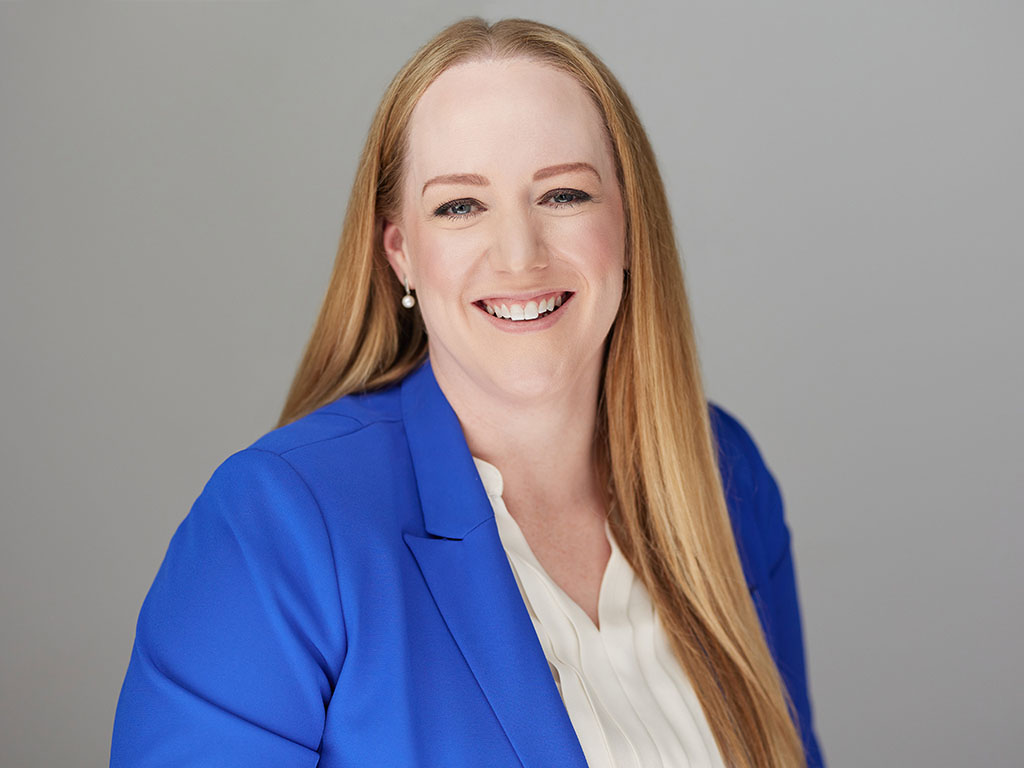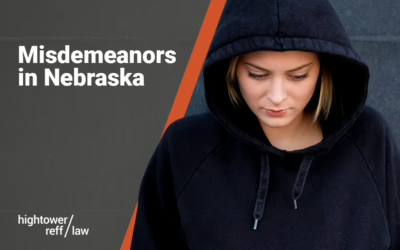 Sara Palin’s son Track’s recent arrest for domestic violence related charges has put the issue of veterans and domestic violence in the headlines. The Palin camp says that the army vet’s service in Iraq resulted in post-traumatic stress disorder (PTSD), which contributed to the issues that led to the incident.
Sara Palin’s son Track’s recent arrest for domestic violence related charges has put the issue of veterans and domestic violence in the headlines. The Palin camp says that the army vet’s service in Iraq resulted in post-traumatic stress disorder (PTSD), which contributed to the issues that led to the incident.
Whether PTSD or something else is truly the major contributing factor to Track Palin’s problems, one thing is clear. Domestic violence among our active military and veterans is a problem…and an underreported one at that.
Getting help in a domestic violence situation can be frightening and humiliating for anyone. For members of our military and their significant others, the stakes are high and the issues can be even more complicated.
Reasons Military Domestic Violence May Go Unreported
In military domestic violence cases, it could be the abuser’s career at stake, which makes some victims reluctant to report. In many military families, the service member is the sole source of support for the family, so the fear of losing that income can be daunting.
Also, military life is unique. Many families move from base to base, sometimes in foreign countries. This can lead to a feeling of isolation that adds to the fear of reporting for survivors.
Get Help and Know Your Options
The military offers its own set of resources to address domestic violence, including the Family Advocacy Program (FAP). Family advocates are specifically trained to help survivors deal with domestic violence.
There are two options for reporting domestic violence to the military during service: restricted and unrestricted. In restricted reporting, military command and law enforcement are not notified. A restricted report starts with contacting an FAP supervisor, clinician, victim advocate or a health care provider and requesting a “restricted report.” However, those that may be considered at “imminent risk of serious harm” cannot use the restricted report option and it can’t be used in child abuse cases.
After the restricted report is started, the survivor can access victim advocacy services including help in developing a safety plan to prevent further abuse, information about military and civilian protective orders, an escort to meetings, medical and court appointments and information about military and civilian medical, legal and community resources.
The other option is unrestricted reporting, which includes investigation of the abuse and military command involvement. This option can mean added support and protection to the reporting survivor. It can also mean military administrative action against the offender.
If a victim decides to make an unrestricted report, a FAP advocate will help them make a report to civilian law enforcement.
Military spouses who are victims of domestic violence also have all of the traditional means of help available to them – they can report to civilian law enforcement or they can get help at any of the civilian options available to non-military families.
Don’t Go It Alone
If you have questions about your legal options in any domestic violence situation, having an initial consultation with a lawyer trained in this area of the law can be a very helpful support.
When looking for an attorney, be sure they know family law and are aware of the special legal issues involved in military cases of domestic violence and family law.
This article should not be construed as legal advice. Situations are different and it’s impossible to provide legal advice for every situation without knowing the individual facts.



